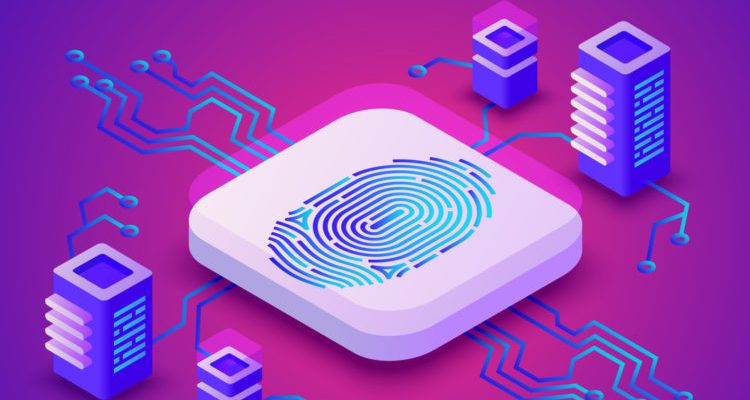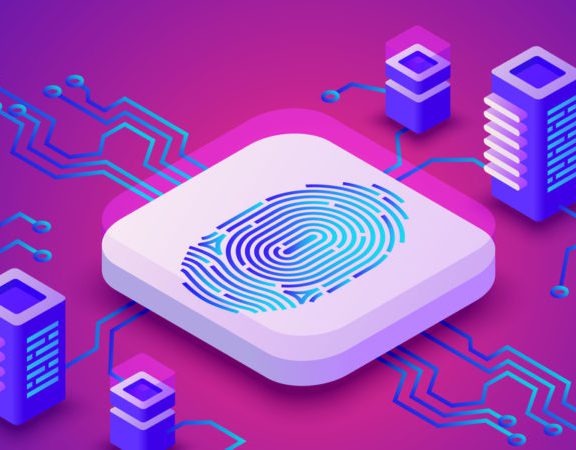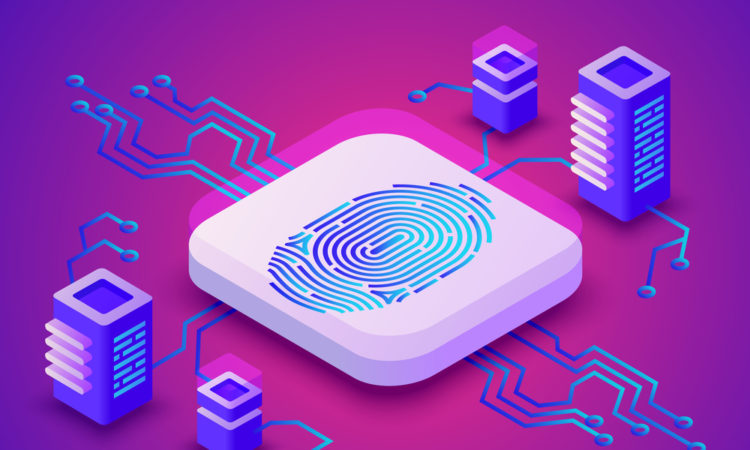

Digital identity and Blockchain

Even though several steps have been taken to improve the identity industry, incorporating the blockchain can truly disrupt this space. In this post we are going to look into it with traditional centralized identities and how the blockchain can improve this industry.
What is Identity?
Personal identity is one of the fundamental human rights. At its most basic level, identity consists of:
- First and last name.
- Date of birth.

Some form of a national identifier such as passport number, social security number, driving license, etc.
However, there is a big problem plaguing this space. All this data, such as passport number, social security number, driving license are stored in centralized servers and databases. This leads to three major issues:
- Only these centralized entities can give out identities.
- These centralized entities can mishandle your personal data.
- Identity theft.
The Blockchain solution to Digital Identity

Blockchain has evolved significantly from the distributed ledger technology created to track bitcoin ownership. This technology can replace traditional systems with a highly trusted mechanism of managing identities.
Blockchain can empower users to have greater control over their own identity.
Organizations can use the information only with customers’ consent and no central entity would be able to compromise a consumer’s identity.
Blockchain has facilitated the so-called self-sovereign identity, which is inherently unalterable and more secure than traditional identity systems.
This has the potential to completely change the way we use identities to connect to different online services. Individuals would use their self-sovereign ID to verify their identity, removing the need for passwords.
As with every lifechanging innovation, there’s been an extended period of evolution, with experts exchanging ideas and little consensus on what self-sovereign ID means!
It’s a concept that stems from the belief that an individual must have control over the administration of his identity. ID cannot be locked into one site and there needs to be interoperability of the ID across multiple platforms, with user consent.
Experts have been contemplating the summation of various identifying information like demographic and employment related data and even information about the individual revealed by other people.
In principle, self-sovereign identity would allow users to:
- Control their identities
- Access and update information (though third-party verification may be required with some claims)
- Choose the information that they prefer to keep private
- Transport the data (to another organization or even another jurisdiction if they relocate)
- Delete the identity if that’s what is wanted



